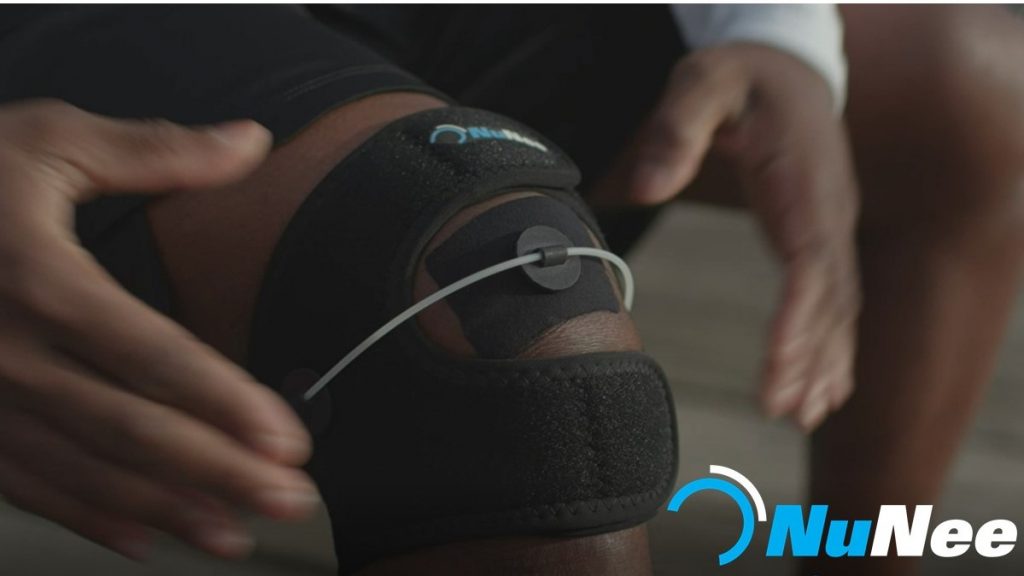Have you ever paused to think about how you talk to yourself? Do you consider the fact that we often think about our words before we criticize or give advice to our friends, but no such filter exists when we participate in self talk?
When it comes to reflecting on body image, training for a race, or setting goals, the way we think and talk about ourselves can drastically affect our performance. Learning to ask ourselves the right questions and thinking through things before making conclusions about our character is a way to add that needed pause—just enough to simulate a real-life, caring discussion with ourselves.
Answering sport psychology questions is Evie Serventi’s forte, so we couldn’t possibly contain everything in just one session with her. Today we sat down for a second time and quickly jumped into not-so-common running questions. Her answers help to navigate some of the deeper topics often overlooked in the running world like burnout, personal success, and self-worth. Take a moment to read through her advice to strengthen and refine the way you think about your running self.
Defining Failure and Success
Success is often disguised as an individual that seems to have no failures. This construed image can lead us to believe that experiencing failures takes away from possible successes. We may think that more failures equal less successes. Nothing could be further from the truth.
Not only are failures a common part of our journey to success, they are a crucial part, even a required part. Failures show that we put forth effort and that we are working towards our goals. In that sense, a failure can be looked at as a stepping stone, just as important as any other step in the process.
“Failure is not an indication of your ability,” says Evie, “It’s often to do with effort, technique, or structure.” This is important to remember as you work toward your life and running goals. Failure, whatever that might mean to you, is an opportunity to look at your effort, your training structure, or even your goals. Making necessary adjustments will allow you to be even better.
Ask yourself what success means to you. As you dig deeper, asking questions that allow you to discover your motivations, you will find that success is more than a one-time event. You are constantly achieving throughout your journey. With each training session, each healthy meal, each positive thought, you are succeeding.
Navigating Burnout
We are all at risk in losing the passion for the things we love to do. When it comes to running, Evie gives some good advice on recognizing burnout, including understanding the contributing factors, and how to recover from it.
One of the first things to realize about burnout is where it comes from. Especially for long distance runners, the event itself can appear to be the final point of exhaustion. However, burnout—that total physical and mental exhaustion—develops in the lead up to the race. The big race day can even mask the burnout with its abundance of endorphins.
It is important to plan rest periods for the time after a race. The work that has gone into training for your event is more than just the physical aspect. Balancing family, work, and training is a huge scheduling challenge that comes with its own endurance test.
For many runners, scheduling a vacation that begins right after a race is a good way to make sure you get the rest that you need. Remember that resting isn’t cheating. You shouldn’t feel guilty or lazy for taking time off. Recovery is just important to your growth as the training is.
Don’t be afraid to take a week or more off after a 5K or a month or two off after a marathon. You know yourself best. When running feels like a joy again, and not a chore or a responsibility, it’s okay to get back out there.
Positive Self-Reflection
As you continue to set goals for yourself and work on your craft, always give yourself grace. Remember that we can be our own worst critic. Are you treating yourself how you would treat your best friend, your child, or even a stranger?
Have self-compassion. Know that you aren’t your sport. Set goals that push yourself and make you happier, like having a balanced week or a good relationship with your family. Try the new golden rule: treat yourself as you would treat others. As you do, you’ll see your failures quickly transforming into successes.
Resources:
Listen to the Running for Real Podcast here:
[podcast src=”https://html5-player.libsyn.com/embed/episode/id/9384962/height-orig/90/theme/custom/thumbnail/yes/direction/forward/height/90″ height=”90″ width=”100%” placement=”bottom” theme=”custom”]Apple (iTunes) Podcast | Sticher | Castbox | Overcast | Spotify | Google Play | iHeartradio |
Don’t let knee pain keep you from completing your long runs, or worse, sideline you altogether. NuNee is designed specifically to relieve that dreaded Runner’s Knee pain. Unlike a typical knee sleeve, NuNee relieves the pressure at the source of the pain. And as the research reveals, if you relieve the pressure you relieve the pain. Runners from coast-to-coast are getting instant relief with NuNee. NuNee can help you get back to running without knee pain.
Use code tinamuir at NuNeeShop.com thats nuneeshop.com for a 20% discount
Thanks for Listening! I hope you enjoyed today’s episode.
To share your thoughts:
Leave a note in the comment section below.
Join the Running for Real Facebook Group and share your thoughts on the episode (or future guests you would like to hear from)
Share this show on Twitter, Facebook, Instagram, or Pinterest.
To help out the show:
Leave an honest review on iTunes. Your ratings and reviews will really help me climb up the iTunes rankings and I promise, I read every single one.
Not sure how to leave a review or subscribe, you can find out here.
Thank you to Evie, I look forward to hearing your thoughts on the show.





